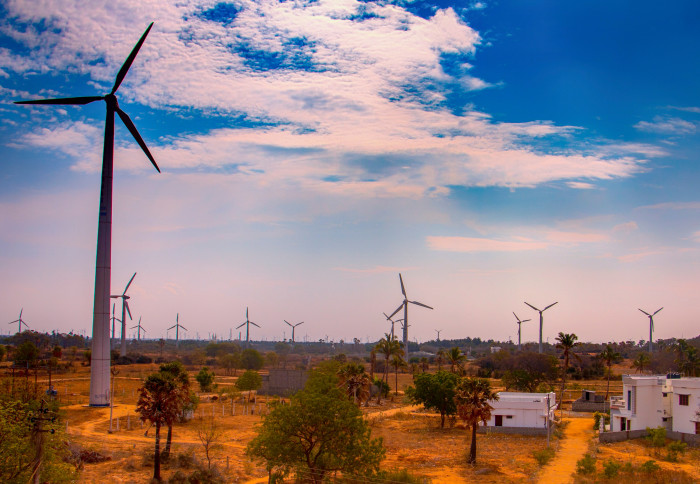
Global S&T Development Trend Analysis Platform of Resources and Environment
| Indian firms risk losing billions of dollars in renewable energy transition | |
| admin | |
| 2020-12-10 | |
| 发布年 | 2020 |
| 语种 | 英语 |
| 国家 | 英国 |
| 领域 | 资源环境 |
| 正文(英文) | 

Coal-dependent companies in India are falling behind as the world shifts to greener energy, posing broader risks to the fifth largest economy. This was the main conclusion of a report released today by the Centre for Climate Finance & Investment at Imperial College Business School. The report highlights that the cost of solar power has fallen well below the cost of new fossil-fuel power. The shift towards solar poses significant challenges for firms whose revenues depend on coal. The authors of the report use scenarios to quantify financial risks facing three large companies: Coal India, Indian Railways, and NTPC (formerly National Thermal Power Corporation). The report indicates at least US$9 billion in free cash flow is at risk for these companies over the next decade. The analysis does not consider the introduction of a domestic carbon tax. "Technological innovation is driving big changes in the energy sector and there’s no turning back the clock.” Dr Charles Donovan Executive Director of the Centre for Climate Finance & Investment Dr Charles Donovan, Executive Director of the Centre for Climate Finance & Investment at Imperial College Business School, said: “Market forces are moving coal to the fringe and solar to the forefront in the global energy sector. That is good news for the fight against climate change, but presents huge challenges to some incumbents. “The Indian government remains heavily invested in coal and the risks posed to these three companies may put pressure on the country’s investment grade status by increasing fiscal deficits. Technological innovation is driving big changes in the energy sector and there’s no turning back the clock.” NTPC generates nearly a quarter of India’s power, and 90 percent of their output comes from coal plants. CIL is the largest coal producer in the world and accounts for around 83 percent of India’s domestic coal production. Government entity IR operates one of the largest railways systems in the world and its top freight commodity in terms of volume is 48 percent with 45 percent of its revenue coming from coal. But India is not unique in this regard and the researchers say the implications of this report are applicable to financial institutions around the world. Dr Alexandre Koberle, Research Fellow at the Centre for Climate Finance & Investment and the lead author of the report, said: “Off-the-shelf climate and energy models don’t provide the granular insights that governments and investors need to manage the transition to a net zero global economy. We’ve demonstrated that these analytical gaps can be filled. Strategic actions taken by firms now matter.” The report’s authors suggest that their findings should stimulate policymakers to mitigate unanticipated outcomes and explore new opportunities for economic growth, as India and the world accelerate a shift from fossil fuels to renewable power. The researchers will discuss the findings of the report at a webinar, "Energy in Transition: Coal: Solar and India’s Next Decade" on Thursday 10 December. You can find further details on the link here. You can also download the full report here. |
| URL | 查看原文 |
| 来源平台 | Imperial College London |
| 文献类型 | 新闻 |
| 条目标识符 | http://119.78.100.173/C666/handle/2XK7JSWQ/308078 |
| 专题 | 资源环境科学 |
| 推荐引用方式 GB/T 7714 | admin. Indian firms risk losing billions of dollars in renewable energy transition. 2020. |
| 条目包含的文件 | 条目无相关文件。 | |||||
| 个性服务 |
| 推荐该条目 |
| 保存到收藏夹 |
| 查看访问统计 |
| 导出为Endnote文件 |
| 谷歌学术 |
| 谷歌学术中相似的文章 |
| [admin]的文章 |
| 百度学术 |
| 百度学术中相似的文章 |
| [admin]的文章 |
| 必应学术 |
| 必应学术中相似的文章 |
| [admin]的文章 |
| 相关权益政策 |
| 暂无数据 |
| 收藏/分享 |
除非特别说明,本系统中所有内容都受版权保护,并保留所有权利。
修改评论